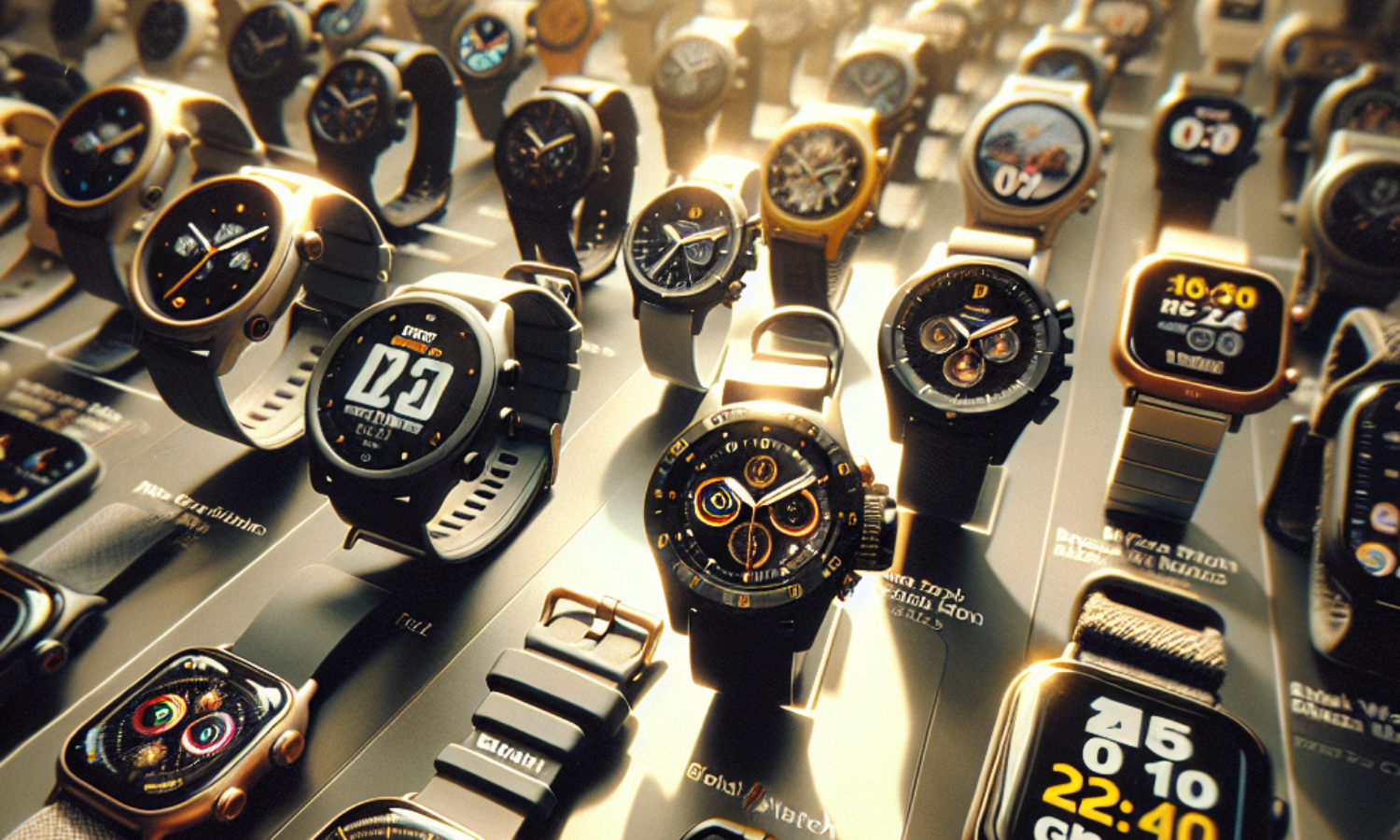Pixel 8a’s Potential Audio Setback: What You Need to Know About Android 15’s Sharing Feature
The Google Pixel 8a, despite its recent launch and impressive features, might face an unexpected limitation when Android 15 rolls out.
Tech enthusiasts and Pixel fans are buzzing about the possibility that this mid-range device could miss out on one of the most anticipated features of the upcoming Android update: audio sharing.
Let’s dive into the details and explore what this means for Pixel 8a owners and the broader Android ecosystem.
What is Android 15’s Audio Sharing Feature?
Android 15 is set to introduce a revolutionary audio sharing capability based on Bluetooth LE Audio technology. This feature, also known as Auracast, allows users to broadcast audio from their devices to multiple nearby Bluetooth-enabled headphones or speakers simultaneously.
It’s a game-changer for shared listening experiences, whether you’re watching movies with family or enjoying music with friends.H3: How Does Auracast Work?Auracast creates an audio hotspot, enabling seamless sharing of audio content across multiple devices.
This technology has significant potential for both personal and public use:
- Personal use: Share movie audio with family members using individual headphones
- Public spaces: Broadcast announcements in airports, hospitals, or other large venues
- Group activities: Listen to the same podcast or music playlist with friends
Why Might the Pixel 8a Miss Out?
Despite supporting Bluetooth LE Audio, which is a prerequisite for Auracast, the Pixel 8a may not receive the necessary firmware updates to enable this feature. Here’s what we know:
- Missing firmware: Analysis of the Android Open Source Project (AOSP) suggests that the Pixel 8a lacks certain system properties required for LE Audio broadcasting.
- Limited to flagship models: Current indications are that only the Pixel 8 and Pixel 8 Pro will support the audio sharing feature.
- Older models affected: The Pixel 7 series and earlier devices may also miss out on this functionality.
Technical Limitations or Strategic Decision?
The absence of audio sharing support on the Pixel 8a raises questions about Google’s strategy:
- Is this a hardware limitation, or a software-based decision?
- Could this be a move to differentiate flagship models from mid-range offerings?
- Might Google enable this feature in future updates for the Pixel 8a?
What Does This Mean for Pixel 8a Owners?
If the current information holds true, Pixel 8a users may find themselves unable to take advantage of Android 15’s audio sharing capabilities. However, it’s important to note that:
- Android 15 is still in development, and features may change before the final release.
- The Pixel 8a will still receive other Android 15 updates and improvements.
- Bluetooth LE Audio support remains, allowing for high-quality, low-latency audio with compatible devices.
How Does This Compare to Other Android Devices?
The potential absence of audio sharing on the Pixel 8a raises questions about its implementation across the Android ecosystem:
| Device Category | Expected Audio Sharing Support |
|---|---|
| Pixel 8/8 Pro | Yes |
| Pixel 8a | Unlikely |
| Pixel 7 series | Unlikely |
| Other Android flagships | Varies by manufacturer |
What Are the Implications for Future Pixel Devices?
This situation may set a precedent for feature distribution in Google’s product line:
- Feature segmentation: High-end features may be increasingly reserved for flagship models.
- Mid-range compromises: Users opting for more affordable Pixel devices might need to accept certain feature trade-offs.
- Update patterns: It could indicate a shift in how Google approaches feature updates for different device tiers.
Is There Hope for Audio Sharing on Pixel 8a?
While current signs point to the Pixel 8a missing out on audio sharing, there’s still room for optimism:
- Firmware updates: Google could potentially enable the feature through future updates.
- Community pressure: User feedback might influence Google’s decision-making.
- Third-party solutions: Developers may create alternative apps to enable similar functionality.
What Should Potential Buyers Consider?
If audio sharing is a must-have feature for you, consider the following:
- Wait for official confirmation: Google hasn’t made a final announcement about feature availability.
- Explore alternatives: Look into other devices that support Auracast or similar technologies.
- Weigh priorities: Decide if the Pixel 8a’s other features outweigh the potential lack of audio sharing.
What’s Next for Android Audio Features?
The audio sharing feature is just one part of Android’s evolving audio landscape:
- Spatial audio: Enhanced 3D sound experiences are becoming more common.
- Improved codec support: Better audio quality and lower latency are ongoing goals.
- Cross-device integration: Seamless audio transitions between different Android devices may be on the horizon.
In conclusion, while the potential absence of audio sharing on the Pixel 8a is disappointing, it’s essential to remember that the device still offers a compelling package of features at its price point.
As Android 15 continues to develop, we may see changes or alternatives that address this limitation. For now, Pixel 8a owners and potential buyers should stay tuned for official announcements and consider their audio needs when making purchasing decisions.










